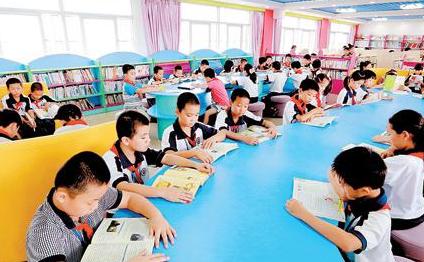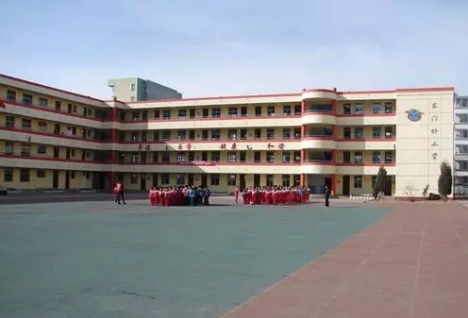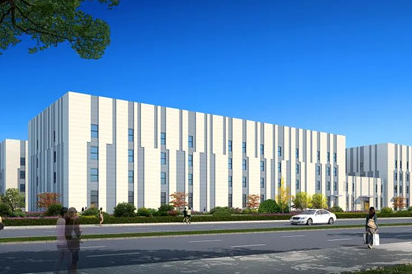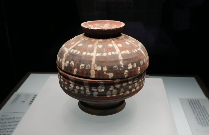Deputies call for balanced development of education

Children read in a study room, Hohhot, Inner Mongolia autonomous region. [Photo/hhhtnews]
Ensuring school standards and promoting the balanced development of education recently became a hot topic during the on-going two sessions.
Wu Changchun, a deputy to the 15th Hohhot Municipal People's Congress, and director of the Education Bureau of Hohhot shared his ideas during the meeting.
Wu revealed that the local government spent more than 7 billion yuan ($ 1.08 billion) on education in 2017, adding that the spending covered expenditure on schools, universities and other public and private education institutions.
“A total of 93 new kindergartens were built over the past few years, but still many people experienced difficulties enrolling a child in kindergarten,” he noted.
To help solve the problem, Wu said the government would continue to increase its expenditure on education.
According to his proposal, nine more public schools will be built in 2018.
He stressed the importance of the establishment of a mechanism to regulate enrollment, which will help schools run in a normal and orderly way.

A primary school in Hohhot, Inner Mongolia autonomous region [Photo/szb.saibeinews]
Wu also proposed enhancing teacher training and promoting equal access to high-quality education for all students.
Wu's proposals are not only designed for public schools, but to also encourage high standards at private schools.
Some private schools are charging very high fees, he said, promising that the government will prevent parents being overcharged for private education.
To ensure every child in Hohhot has access to high quality and student-focused education, Xu Dongfei, a member of the 13th Hohhot Committee of the Chinese People's Political Consultative Conference (CPPCC) and director of the Enrollment and Examination Administrative Center of Hohhot proposed to speed up the mechanism for sharing regional educational resources.
He said that there are vast differences between schools in terms of the quality of education provided and facilities available. Schools in urban areas are endowed with modern facilities that assist teaching and learning, while those within rural areas tend to be poorly equipped.
To balance these differences, establishing a sharing platform for educational resources and promoting online learning would help ensure resources are distributed fairly, Xu noted.
In his proposal, he also called for more channels for financing and more investment from private capital and State-owned enterprises to promote the adoption of information technology in education.








